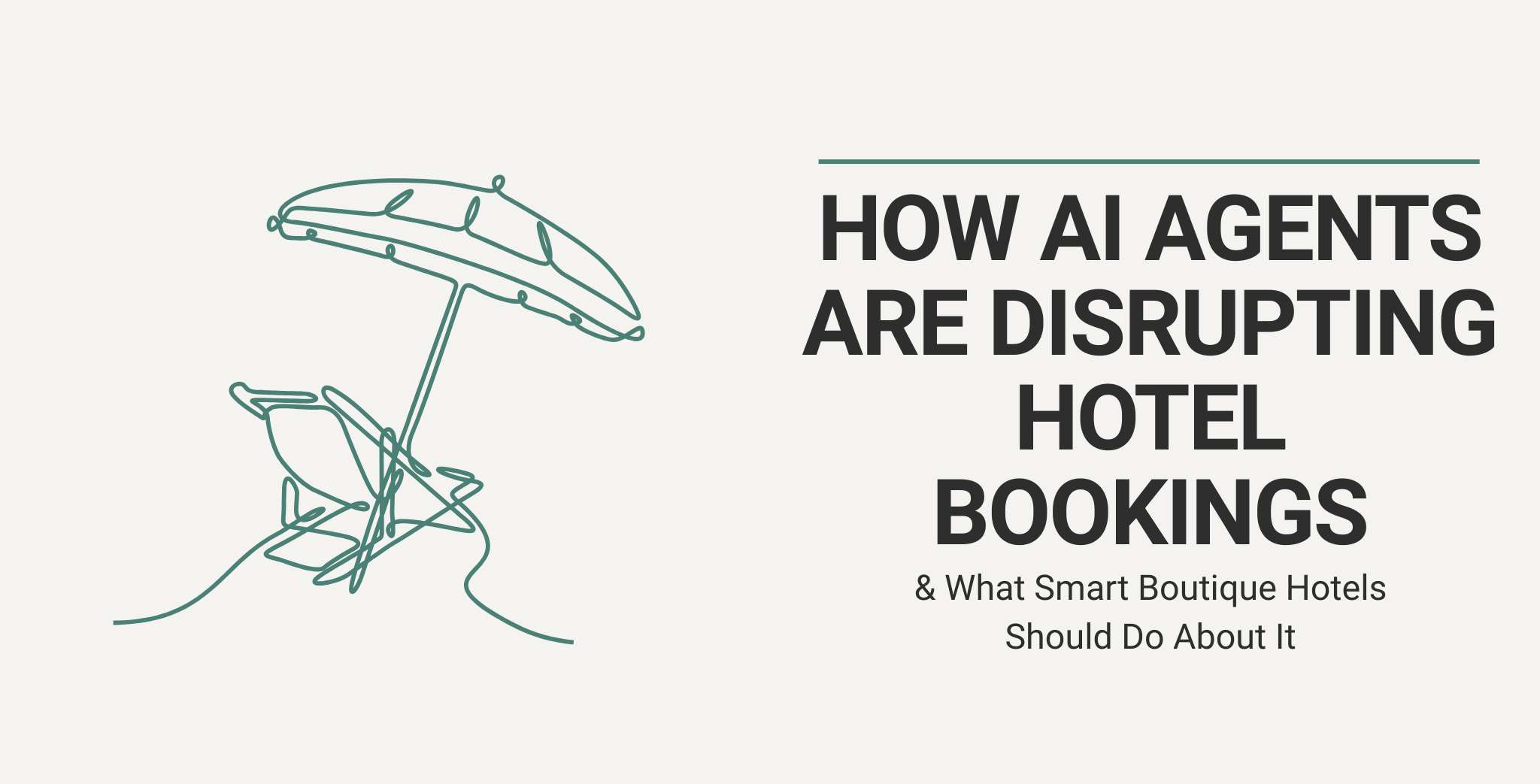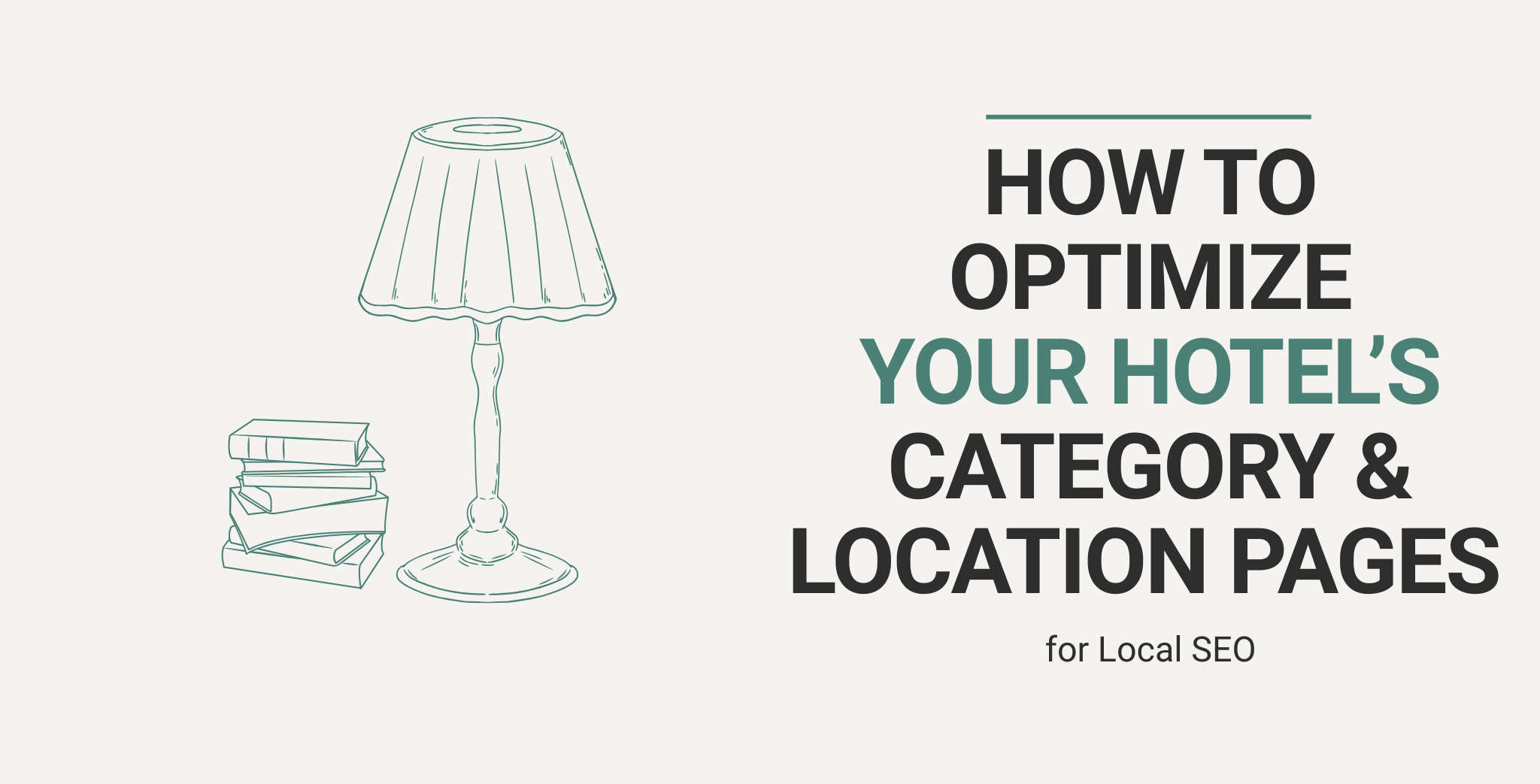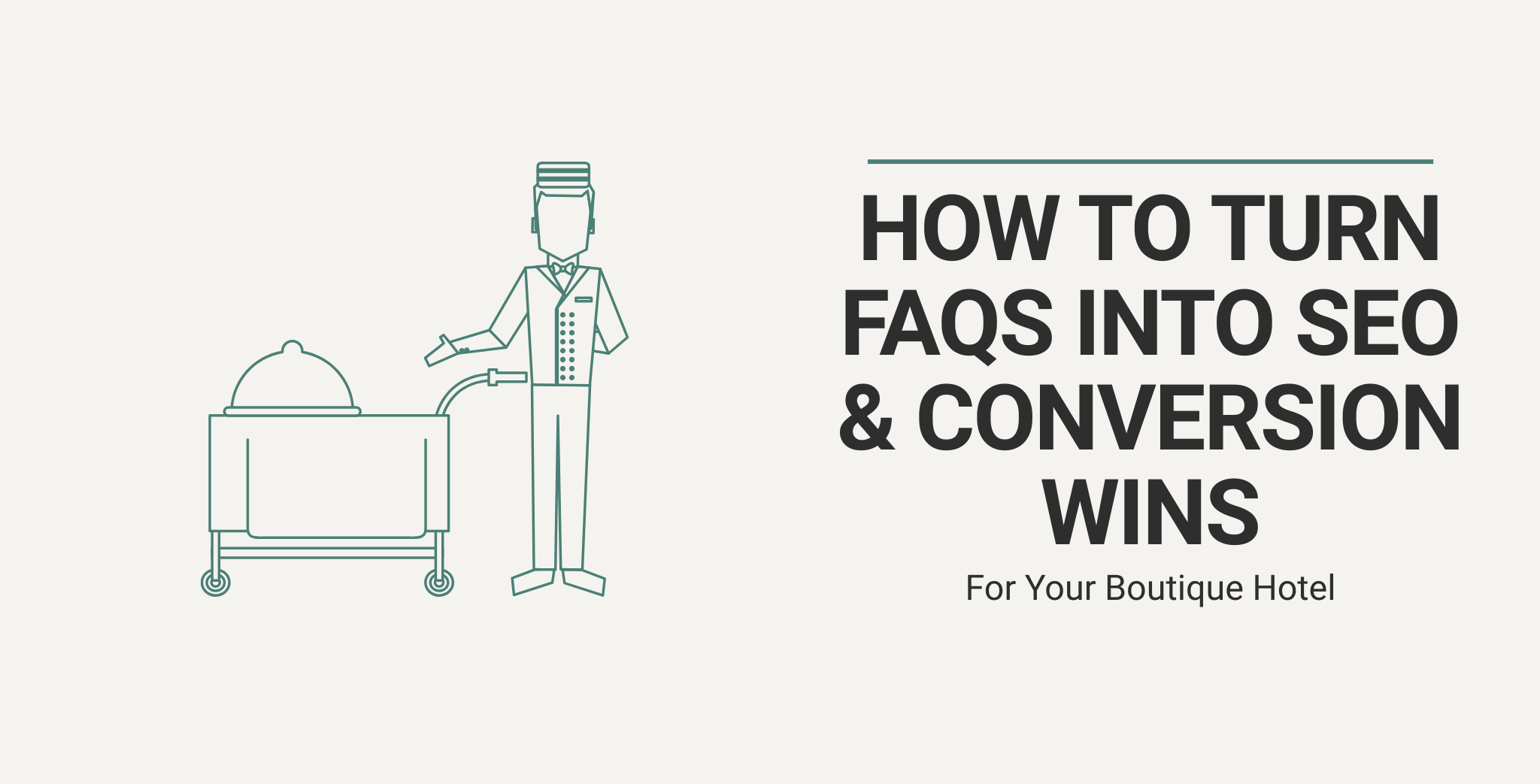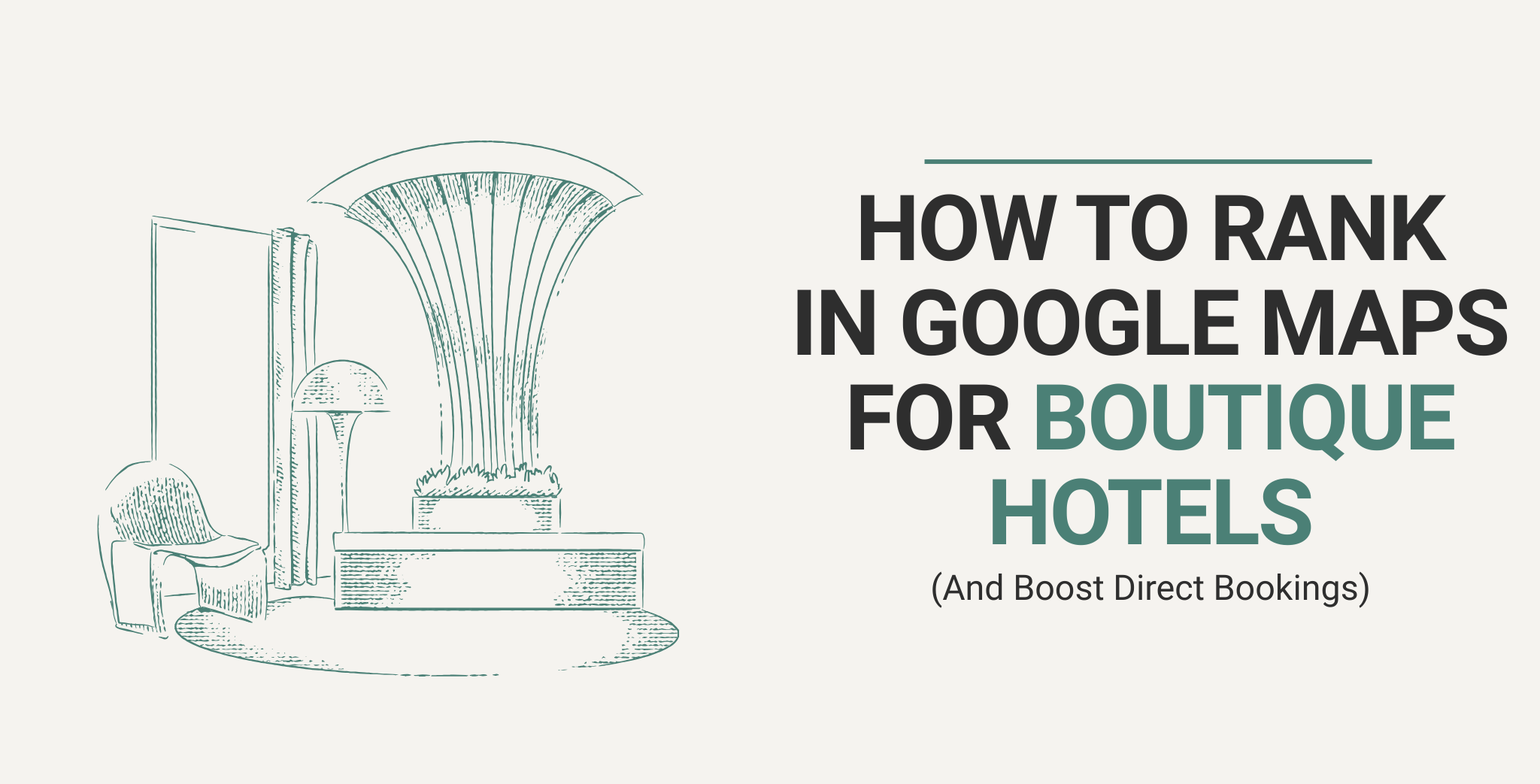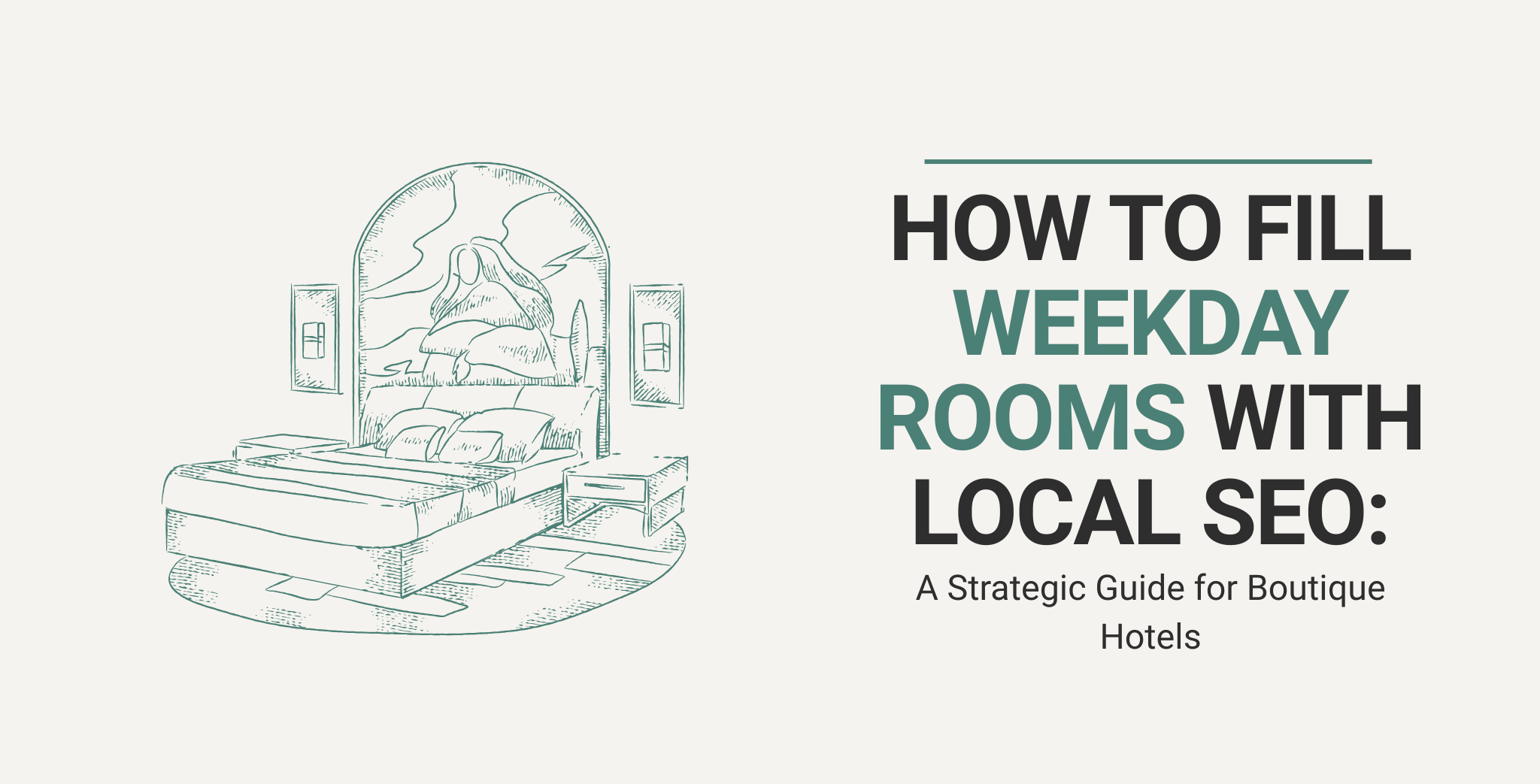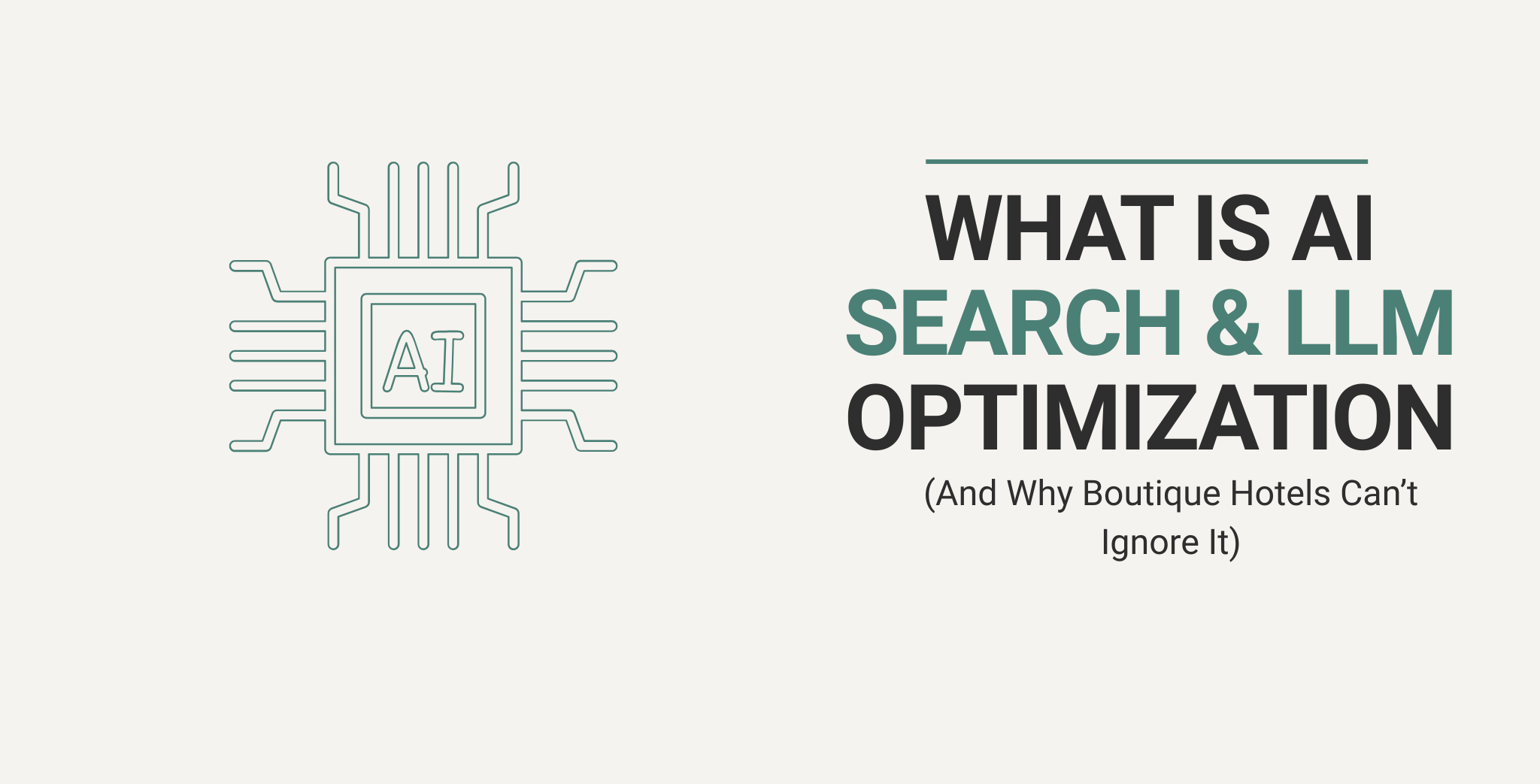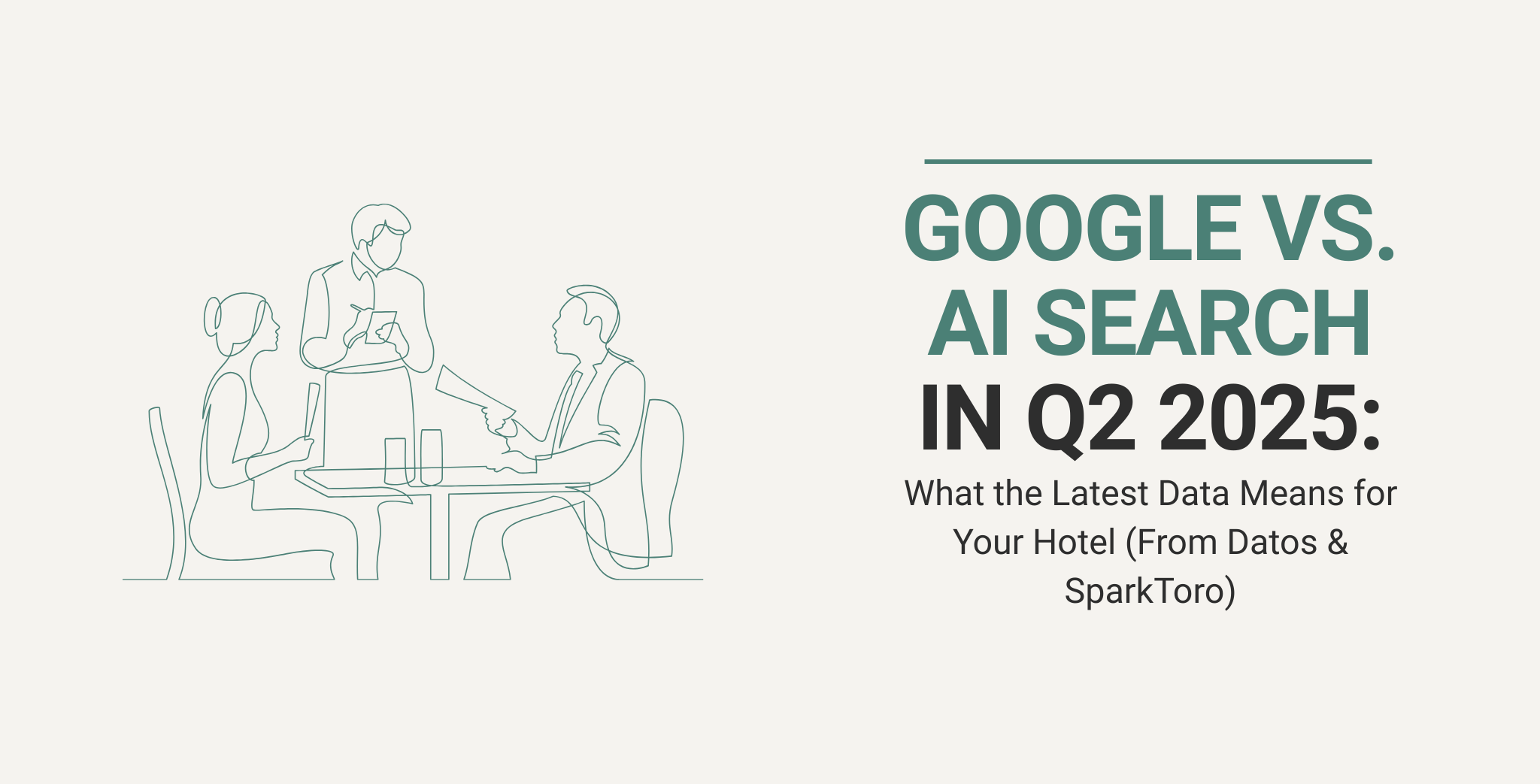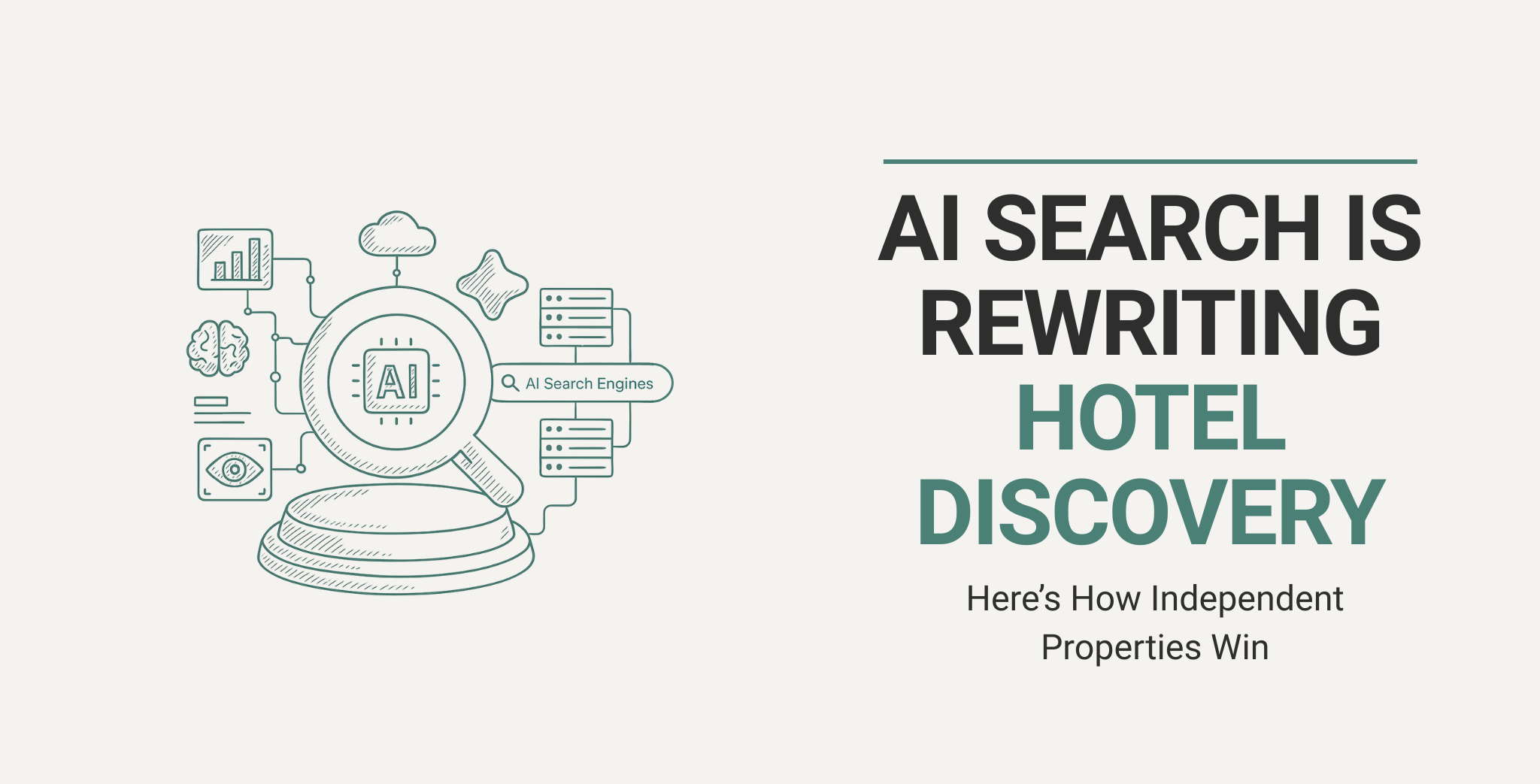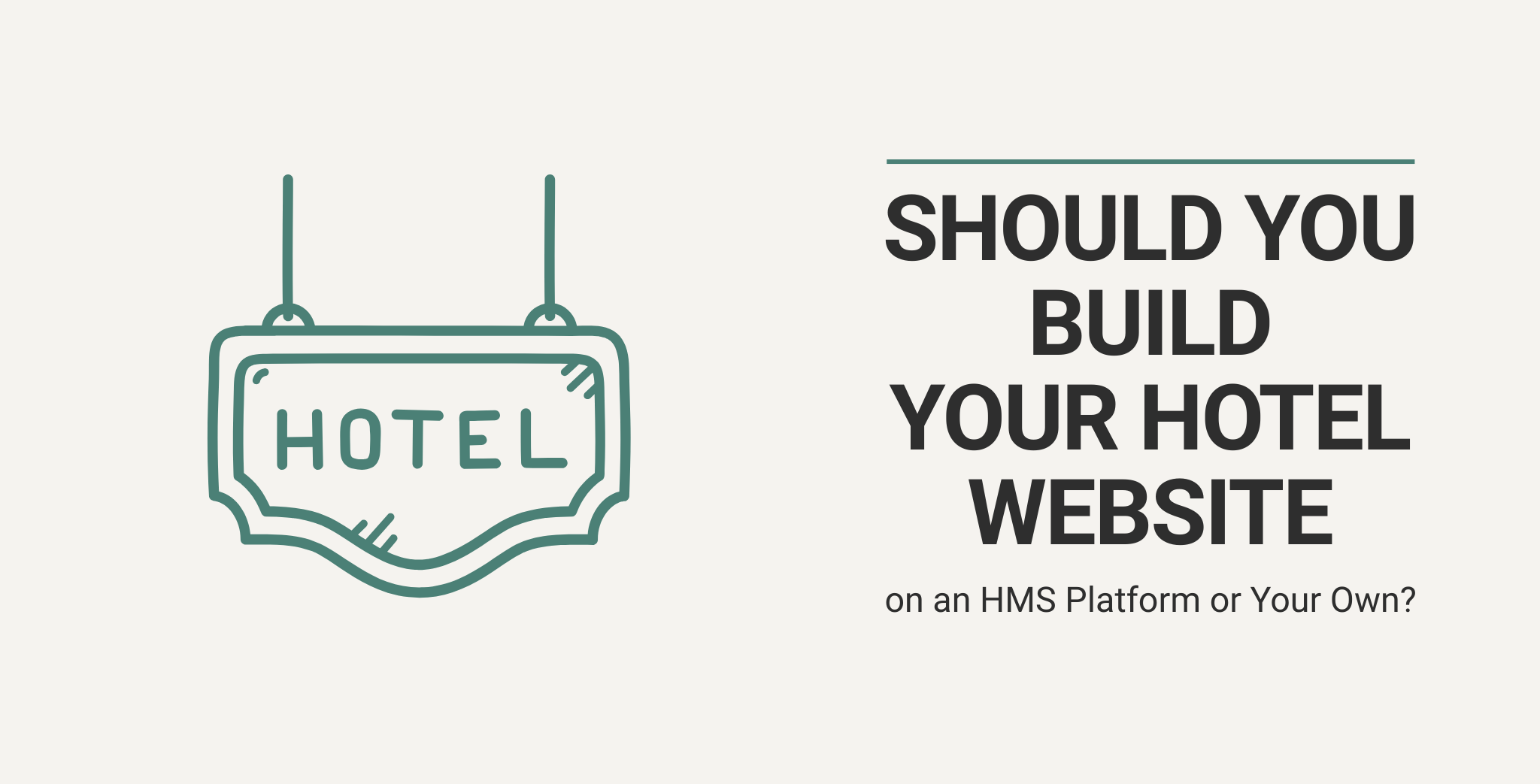
Should You Build Your Hotel Website on an HMS Platform or Your Own?
TL;DR For boutique and independent hotels, the decision of where to build your website can have a long-lasting impact on cost, control, and marketing performance. While hotel management system (HMS) platforms often promise an “all-in-one” solution, they create vendor lock-in (this is bad), restrict SEO growth, and leave hotels with high rebuild costs when switching systems (this is why it is bad). By contrast, owning your website on a platform like WordPress and embedding the HMS booking engine empowers you with flexibility, scalability, and true digital independence. This guide explores the real risks, opportunities, and best practices so you can make the decision that sets your property up for sustainable growth. Why This Decision Matters More for Boutique Hotels Large hotel chains often have the resources to absorb costly rebuilds or experiment with multiple vendor solutions. Boutique and independent hotels don’t have that luxury. For GMs and marketers at these
